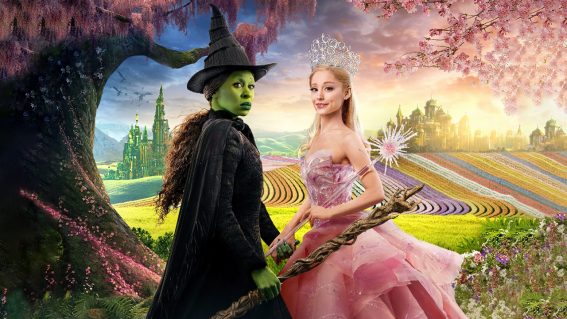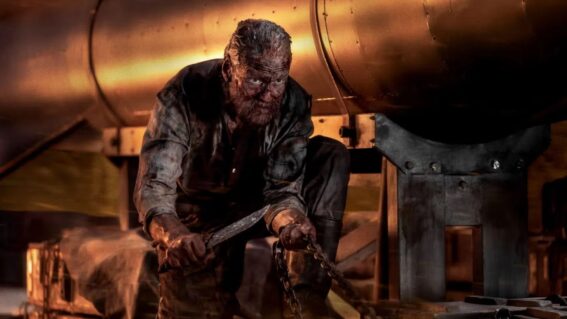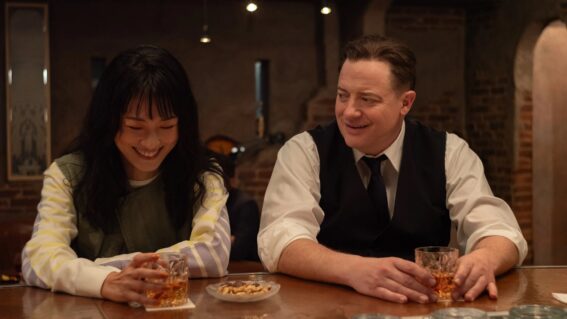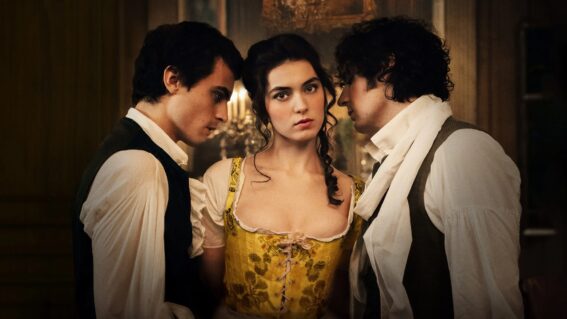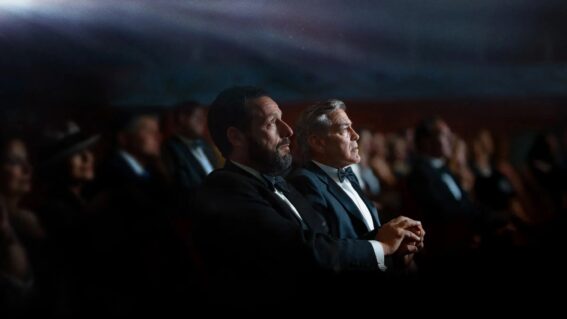Wakefield turns tired hospital tropes on their head with colourful characters and dynamic viewing
Deftly balancing character drama and all-too-human comedy, Wakefield sees a psych nurse question their own sanity.
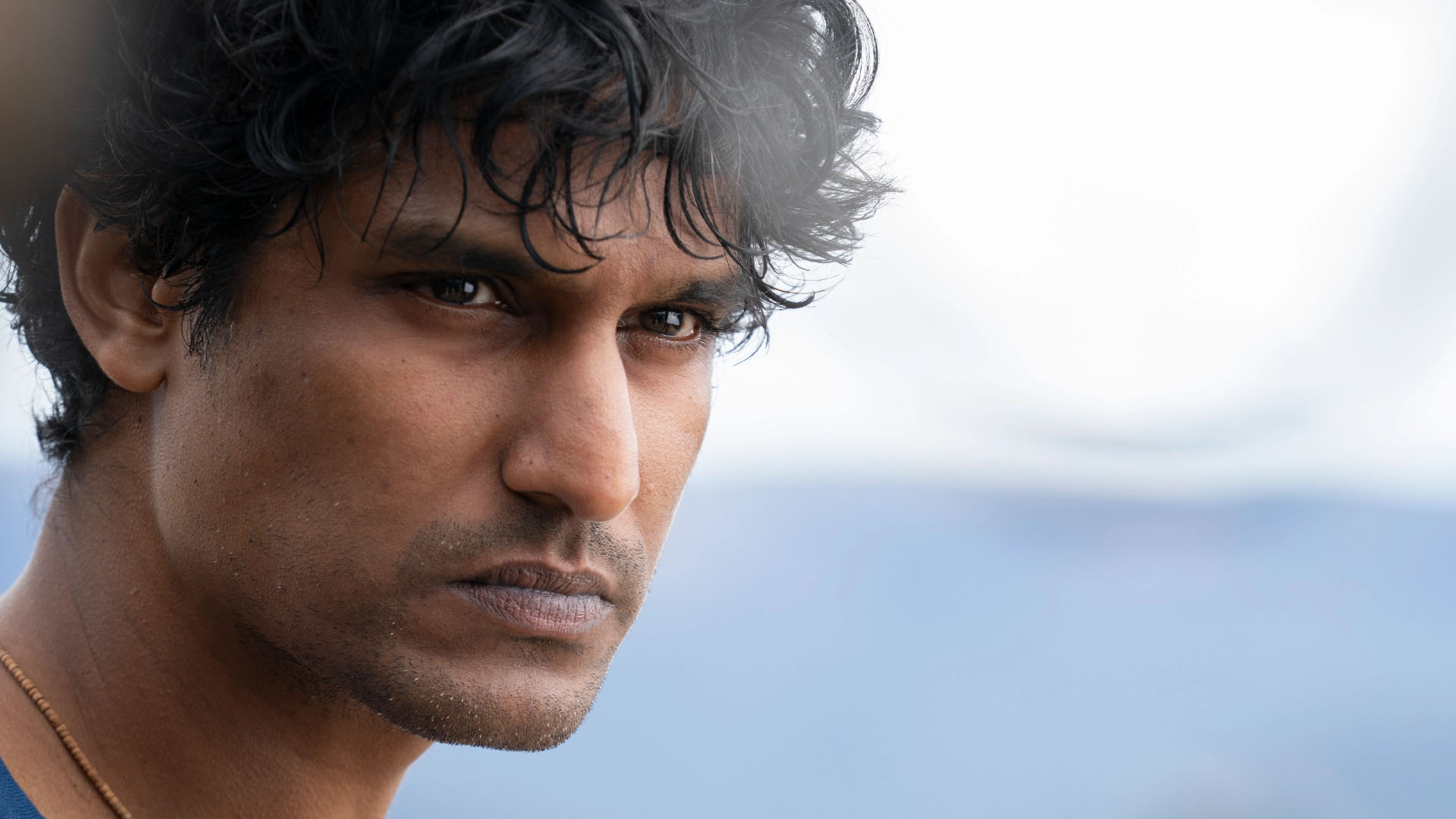
Deftly balancing character drama and all-too-human comedy, Wakefield – streaming on Neon – sees a psych nurse question their own sanity. An impressed Adam Fresco appreciates how the elements come together in a highly entertaining and addictive blend.
Set in an Australian psychiatric ward, new eight-part series Wakefield could, in less capable hands, quickly devolve into a cliché-ridden, small-screen One Flew Over the Cuckoo’s Nest knock-off. Instead, thanks to some top-notch cinematography, scripting, acting, and direction, it’s a bingeable television treat.
Set in a psych ward in New South Wales, with the Blue Mountains providing a stunning backdrop, the series deftly balances character drama and all-too-human comedy, creating a highly entertaining and addictive blend. Creator Kristen Dunphy and directors Jocelyn Moorhouse and Kim Morgaunt lend proceedings wit, imagination, and intensity. They take tired old hospital tropes, and old-fashioned, simplistic views of mental illness, and turn them on their head, creating colourful characters and dynamic situations.
From communicating what it’s like to have a song stuck in your head, to playing with memories in flashback form, Wakefield is television that’s proud to show rather than tell, placing more emphasis on imagery than on heavy exposition through endless explanatory dialogue. That used to be a defining difference between cinema and its reliance on pictures, and television and its abundance of talking heads. It’s a line that has been blurred for several decades now, thanks to the rise of quality television series created by filmmakers.
From Breaking Bad and The Sopranos to Better Call Saul and The Handmaid’s Tale, the new golden age of TV owes more to the language of movies than to the small screen of old. Beautifully crafted, Wakefield revels in its big screen aspirations, especially in Martin McGrath’s vibrant cinematography, which seems ideally designed to make full use of modern widescreen TV.
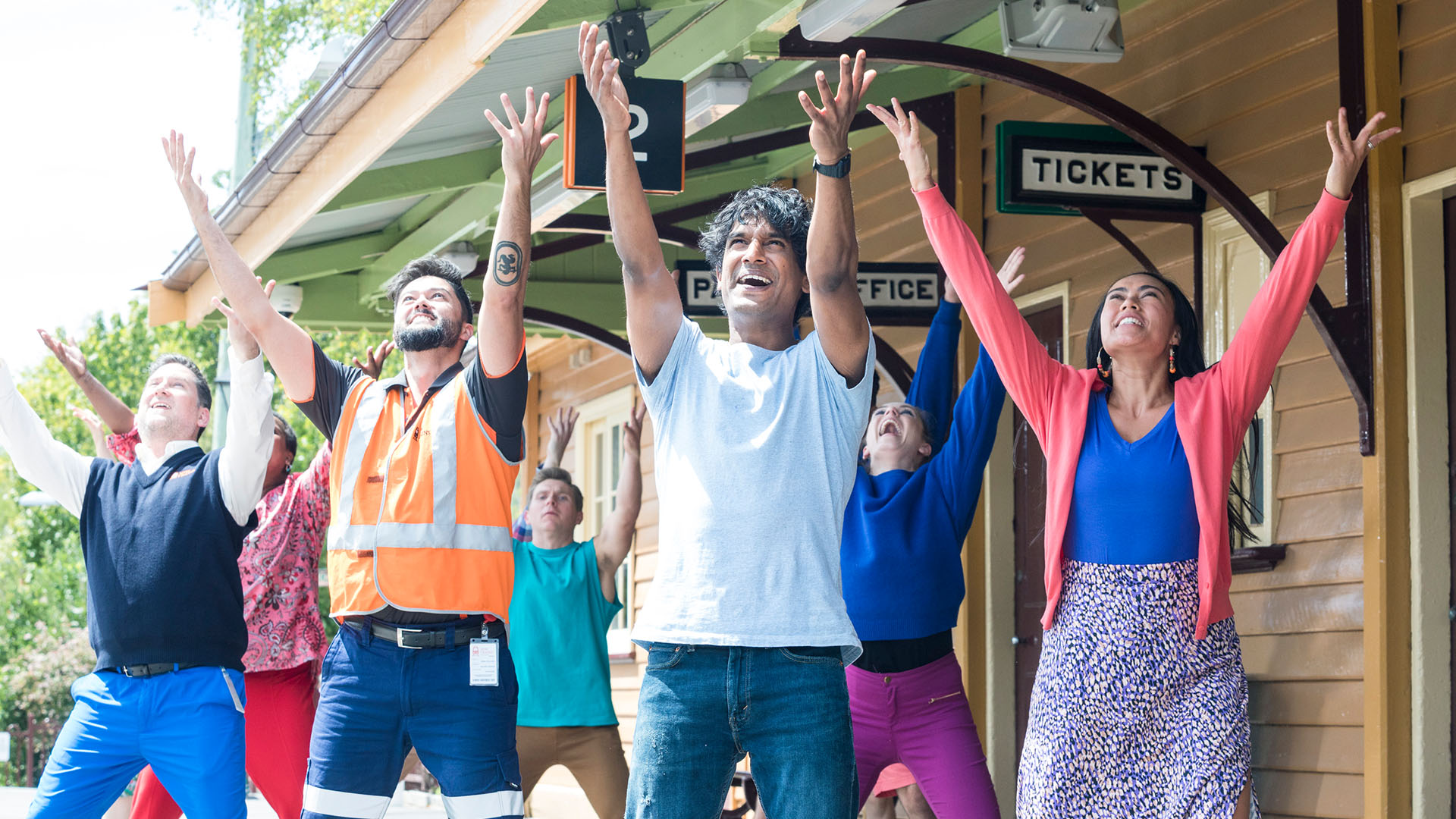
The drama centres on Nik, played by Rudi Dharmalingam, a British actor playing an Australian with credible ease. Nik is a psychiatric nurse who might just be losing his grip on reality. If working on a psych ward isn’t enough drama already, Nik’s also contending with family issues, and his forthcoming wedding duties, as best man for his sister, Renuka (Monica Kumar).
Meanwhile, at work, Nik may be in a relationship with a colleague, Doctor Kareena Wells, (the excellent Geraldine Hakewill), and has to deal with a nurse with barely contained ward-rage, (expertly played by an on-the-edge Mandy McElhinney). When we meet him, Nik is struggling to eject the Dexy’s Midnight Runners’ song Come On Eileen from playing an endless internal loop in his head.
In fact, the show may challenge with its use of music, but it makes for interesting and offbeat moments that literally question the nature of perception. What is the difference between talking and singing, walking and dancing, crazy and sane? How thin is the line separating one from the other? Isn’t it all a matter of perception and definition, culture and context? Is it possible to burst into song whilst not in a stage musical and still be grounded in reality? Is it okay to sing in the shower, or tap-dance in the rain, if nobody’s looking? If you go with the musical moments, giving into the show’s flights of fancy and willingness to play with form, they become yet another shining example of Wakefield’s willingness to take risks, break the mould, and shake things up.
Hospital-set series can be so full of workplace dramas that viewers can often be left seeing central characters as existing only as doctors or nurses, administrators or patients. However, by making time to balance their characters’ professional and personal lives, the creators of Wakefield ensure their protagonists are more than just white-coat-wearing workaholics, or passive, bed-ridden patients. Rather, each is given a private life, and in so doing, gains a third dimension, which only adds to the dramatic and comedic potential as the series builds.
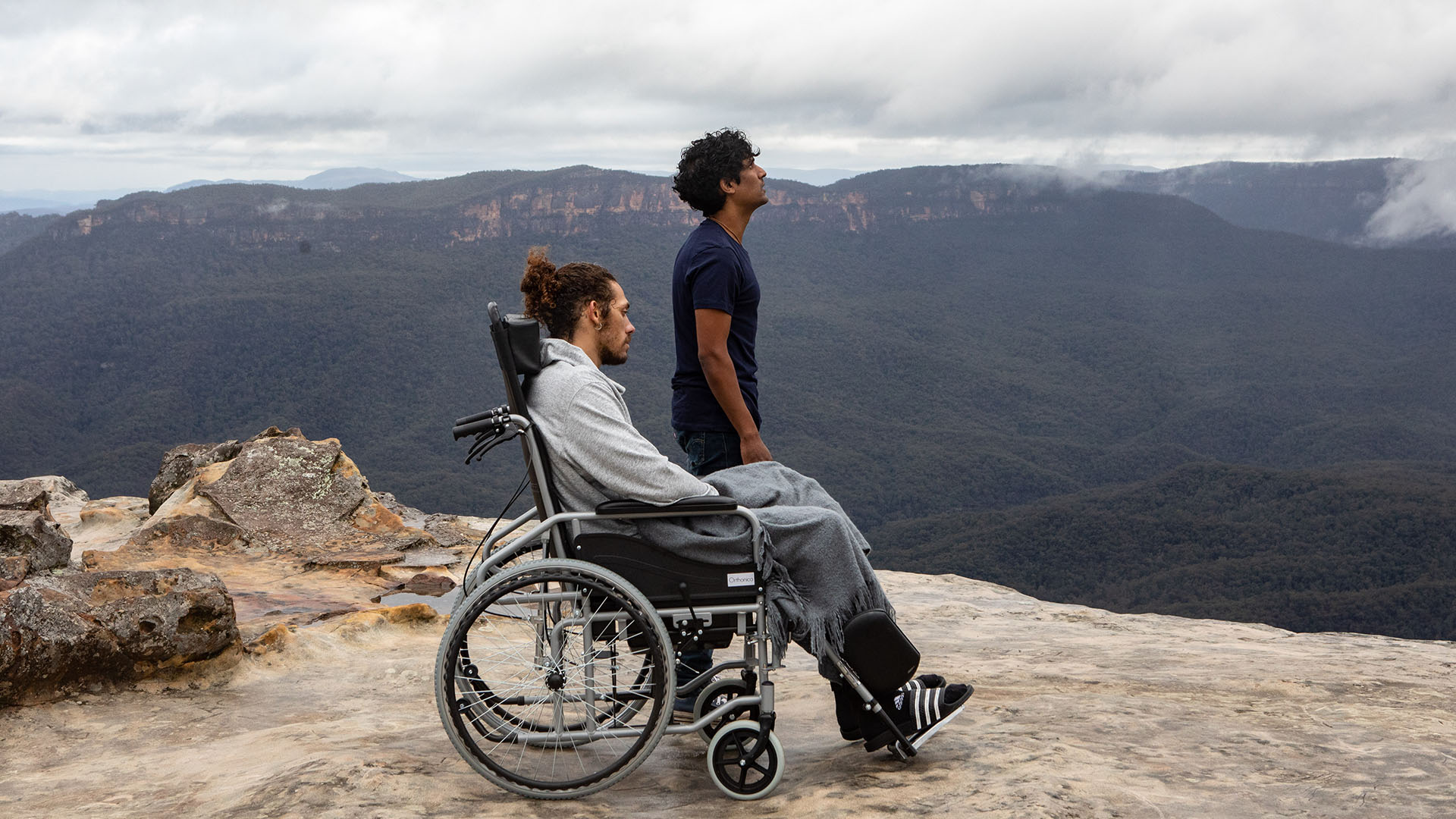
Just four episodes in, and I’m showing sure signs of being hooked. Nurse Nik makes for a fascinating and entertaining protagonist, and Dharmalingam’s performance adds complexity and nuance to a character we may think we’ve seen a thousand times before, but never quite as rounded out and unpredictably human as this. It would be easy to discount the cast and assume all the excellence lies in the scintillating script, but it takes fine acting to bring great dialogue and action to life, and the Wakefield cast unanimously nail it.
My ultimate diagnosis? If you like your drama unique, unpredictable, tense, comic, challenging, and ultimately unafraid to question the human condition, then Wakefield delivers. Read the warning label though because quality television shows like this can be highly addictive. Side effects may include: worrying about fictional characters, pondering possible future plotlines, and considering scenes long after you’ve watched them.









